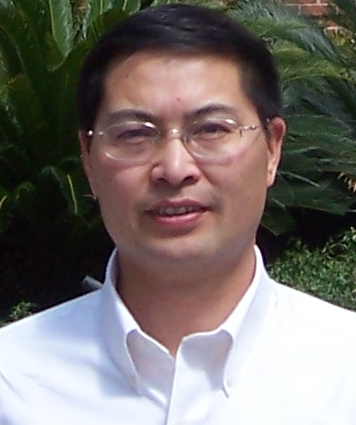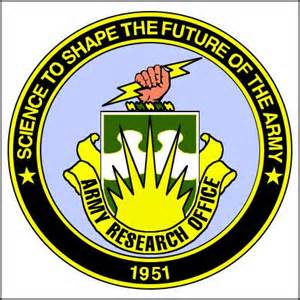Chuji Wang

Professor
Department of Physics and Astronomy
Mississippi State University
| Office: | 138 Hilbun Hall | ||
| E-mail: | This email address is being protected from spambots. You need JavaScript enabled to view it. | ||
| Phone | 662-325-9455 | ||
| Fax: | 662-325-8898 | ||
| Address: | P.O. Drawer 5167, Mississippi State, Ms 39762 |
Chuji Wang's research career started with his Ph.D. study (1993-1998) in laser-induced fluorescence spectroscopy of free radicals generated by discharge under supersonic molecular beam condition, followed by his first postdoctoral research (1998-2000) in laser photolysis/laser-induced fluorescence spectroscopy of large alkoxy radicals, then moved to his second postdoctoral research (2000-2001) in the development of plasma-cavity ringdown spectroscopy. He was a Senior Laser Scientist in the industry (2001-2002) prior to his appointment at Mississippi State University.
The nature of Dr. Wang’s research is multidisciplinary, involving physics, chemistry, and optical engineering. His research interest is to develop and apply measuring, monitoring, and sensing technologies to address real problems in energy, environment, and biomedical engineering. He believes that one powerful technology, CRDS, can have unlimited application potential in the aforementioned fields and beyond. Currently, Wang group’s research efforts are dedicated to
- Laser diagnostics in plasma and combustion, especially, plasma-assisted combustion (PAC).
- Time-domain fiber optic sensor and sensor network for large-scale, multi-function (physical, chemical, and biological) monitoring and sensing. Time-domain fiber optic sensor and sensor network for large-scale, multi-function (physical, chemical, and biological) monitoring and sensing.
- Cavity ringdown instrumentation for trace elements, isotopes, and volatile organic compounds.
- Breath biomarkers for non-invasive disease diagnostics and metabolic status monitoring.
- Physical and chemcial study of single aerosol particles optically trapped in air.





 Savannah River National Laboratory
Savannah River National Laboratory
